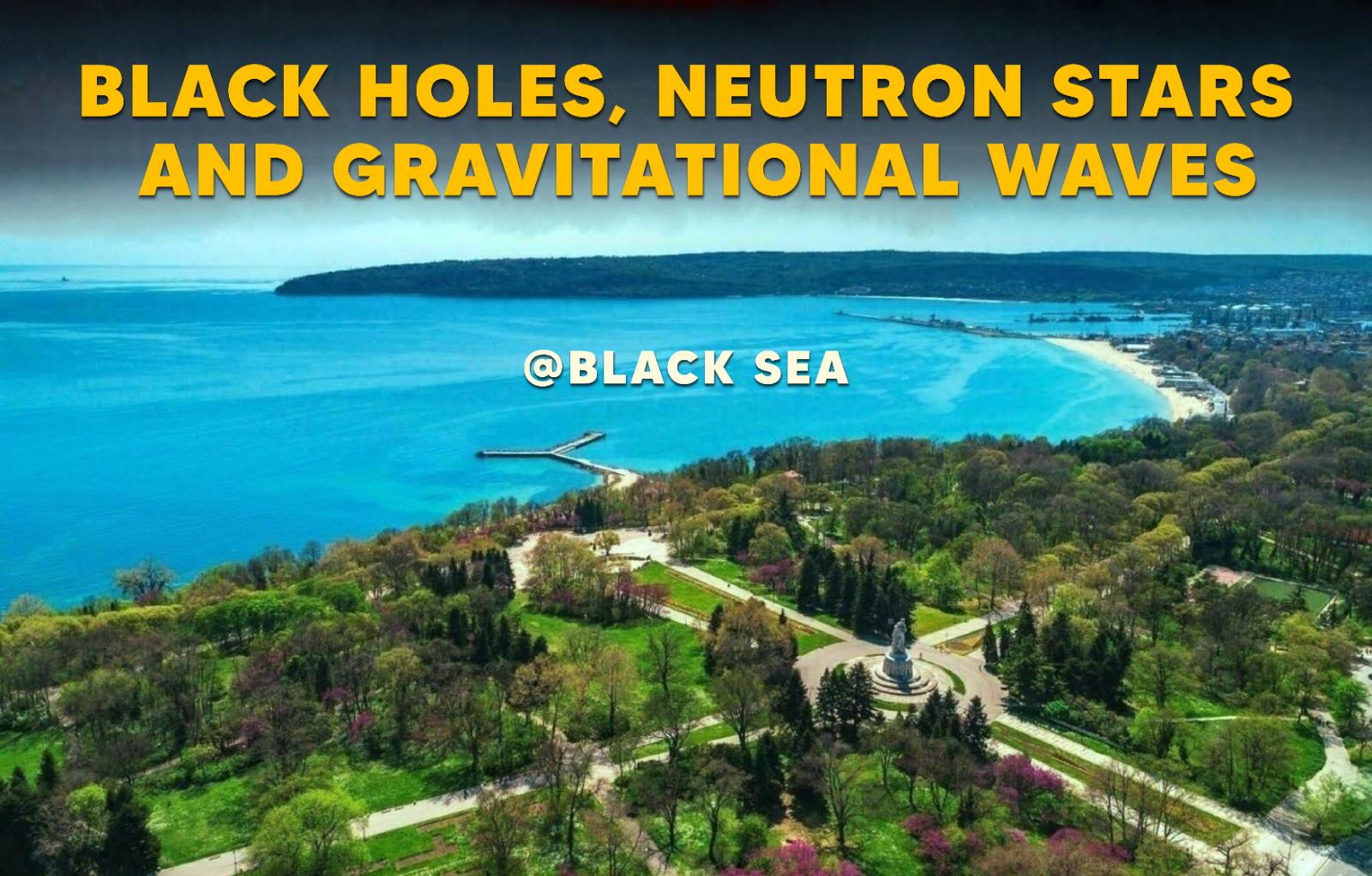Speaker
Description
Black hole spectroscopy, applied to the ringdown phase of compact binary mergers, is one of the most promising tools to test the nature of black holes. It allows us to quantify whether black holes and their perturbative dynamics are well described by general relativity and, thus, serve as a magnifier to explore fundamental physics. The parametrized quasi-normal mode framework has been developed as a powerful tool to capture small changes in black hole dynamics caused by small deviations from general relativity. It provides a unique role to mediate between theory-specific approaches and fully agnostic data-driven ones. In this talk, I will first review some of the seminal works and contributions of the framework. Then, I will focus on recent progress, including the framework's first systematic study in the time domain and its extension to rotating black holes. Finally, I will use the intriguing idea to relate quasi-normal modes with the bound states of an inverted potential to address ongoing discussions of spectral stability and the excitation of quasi-normal modes.
